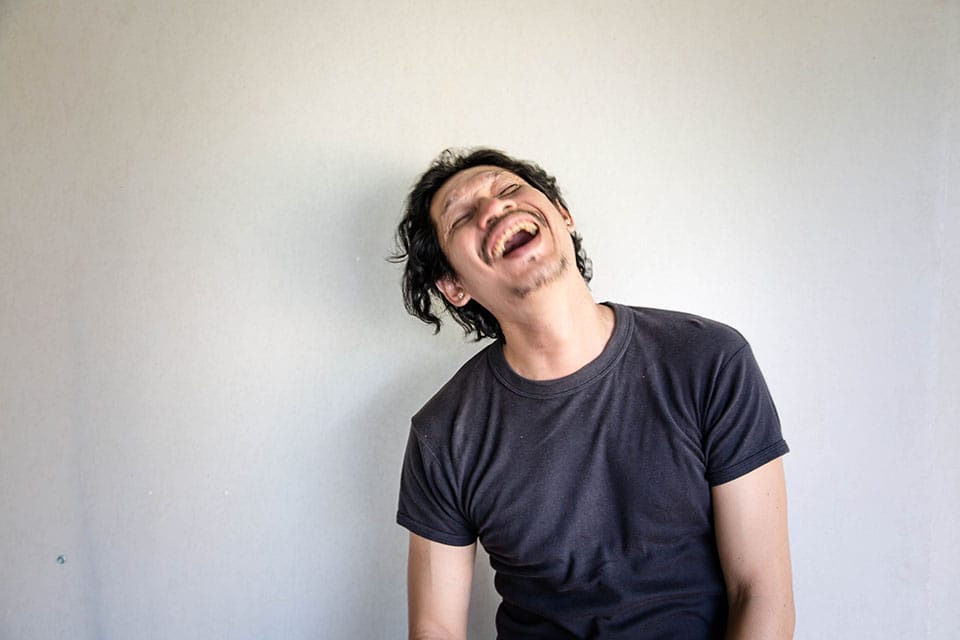Anyone who enters a men’s treatment center seeking help for schizophrenia faces an uphill battle. Schizophrenia turns order into chaos and leaves victims adrift at sea with no anchor in reality. This insidious condition disorders lives in every way imaginable and men who suffer from it have no idea what’s coming from one day to the next. Fortunately, even uphill battles can be won, and men with schizophrenia can regain what they’ve lost and restore their psychological and emotional balance. It takes time and effort to defeat schizophrenia, but recovery is always possible.
What Is Schizophrenia?
Few mental health disorders are as comprehensive and life-altering as schizophrenia. It causes a series of jarring breaks from reality that leaves victims confused and uncertain about what is reality and what is fantasy. The most common and distinctive symptoms of schizophrenia include:
- Delusional ideas and beliefs
- Hallucinations (often involving all five senses)
- Disordered, unintelligible speech
- Disorganized thinking and behavior
- Detachment from and disinterest in the requirements of daily living
In some cases, a genetic predisposition for schizophrenia does appear to exist. Having one sibling or parent with the condition increases a person’s risk by 10%, while those with two parents who suffered from schizophrenia are 40% more likely to develop the disorder themselves. While a genetic predisposition for schizophrenia explains some instances of the illness, environmental and behavioral factors seem to play the decisive role in others. Studies show that poor maternal nutrition during pregnancy and exposure to viral infections in the womb increase the risks of a child developing schizophrenia once he or she grows up. Youthful consumption of mind- and brain-altering drugs like LSD and methamphetamine may also predict the onset of schizophrenia, and some research suggests that regular marijuana use during adolescence can have the same effect.
How Schizophrenia Differs in Men and Women
The basic outline of the disorder is the same for men and women. But men who develop schizophrenia tend to do so earlier, and the symptoms they experience are usually more diverse and severe. Most women with schizophrenia receive their diagnosis in their 20s, but the average age of diagnosis in men is age 18. In addition to the typical symptoms men with schizophrenia often demonstrate, there is a chronic and insurmountable listlessness that leaves them unable to resist their emotional decline. Their inability to think logically or make plans is often more advanced than expected, and men with schizophrenia have a difficult time holding down a job and frequently end up homeless.
Getting Help for Schizophrenia
Many people believe schizophrenia cannot be effectively treated, but this is untrue. People with schizophrenia generally respond well to a combination of antipsychotic medications and long-term psychotherapy. Schizophrenia cannot be cured but those who suffer from it can learn to cope with its disabling and multi-varied symptoms. A stint in a men’s treatment center that offers schizophrenia recovery programs can help victims get their lives back on track. Their struggle with schizophrenia will be a lifetime affair, but a well-designed treatment program administered at a men’s treatment center with staff members who have experience in this area can get recovery off on the right foot. Schizophrenia is a powerful medical condition but it doesn’t have to ruin anyone’s life, as long as a diagnosis leads to swift and aggressive action. Sources: Schizophrenia.com: Schizophrenia Facts and Statistics https://www.schizophrenia.com/szfacts.htm Healthy Place: Schizophrenia in Men and Women: What’s the Difference? https://www.healthyplace.com/thought-disorders/schizophrenia-symptoms/schizophrenia-in-men-and-women-whats-the-difference/

